Poet Nguyen Duy has published 15 poetry collections, 3 memoir collections, 1 novel collection and has been awarded many prizes by the Literature and Arts Newspaper, the Vietnam Writers Association and the State Prize for Literature and Arts in 2007.
In 1973, his poetry collection: Warmth of the straw nest, Vietnamese bamboo, Square sky ... was awarded first prize in the contest of Van Nghe Newspaper , Vietnam Writers Association, making his name in war poetry.
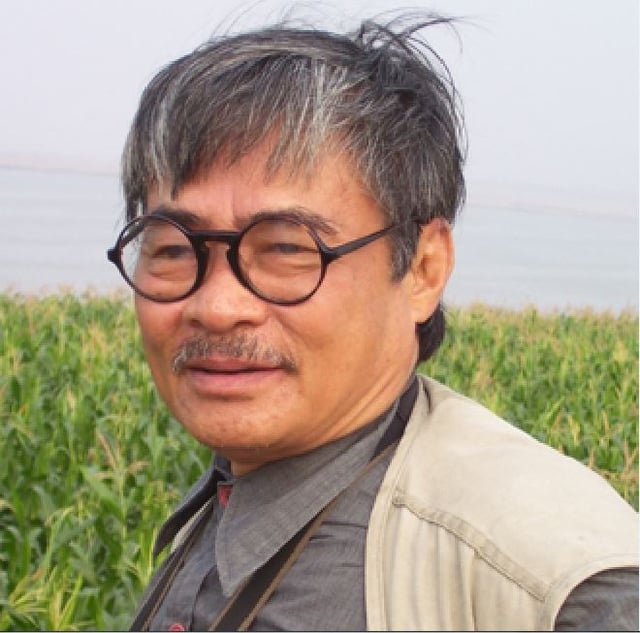
Poet Nguyen Duy
Photo: Document
Initially, Nguyen Duy's poetry leaned towards romantic lyricism with a contemplative view of people and life in folk colors, and created his own unique poetic style, especially in the six-eight verse genre.
With tireless creativity, poet Nguyen Duy did not stop at the achievements of the six-eight verse, but quietly renewed and reformed his poetry in long poems written in free form, rich in expression, with dimensions of contemplation and great thinking with quite intense content of human life. He renewed the long poem with a dialogic and self-questioning tone, not empty praise, but awakening to civic responsibility. This is also his significant contribution in terms of poetic innovation in the development process of contemporary Vietnamese poetry in the last decades of the 20th century.
Typical of exploration and innovation in poetry, Nguyen Duy has a famous set of 3 free poems known to the public, written about his concerns and thoughts about the country, people, nature and the environment: Awakening potential (written in 1980 - 1982); Looking from afar... Fatherland (written in 1988 - 1989) and Metal, Wood, Water, Fire, Earth (written in 1991 - 1992).
His poetry is the voice of a simple, profound and humane man, always concerned with the past, present and future of the country. He is also a poet who always seeks to innovate in form, especially in the way of renewing the traditional six-eight verse form, and " Sitting sadly, remembering my mother in the past " is a timeless six-eight poem that still lingers in the hearts of millions of Vietnamese poetry lovers today: " The scent of lilies is fragrant at night/the incense smoke draws the path to nirvana/the incense stick is covered with ashes/the image of my mother on earth from the past / My mother does not have a pink blouse/the conical hat is replaced by a conical hat/her hands are tangled/her skirt is stained with mud, her shirt is dyed brown in all four seasons/The stork... the fig is sour, the peach is sour.../the song my mother sings is carried by the wind to the sky/I have spent my entire human life/I still cannot finish listening to my mother's lullabies/When will autumn come/the persimmon and grapefruit swing between the full moon/when will May come/mother spreads out a mat for me to lie down and count the stars/The Milky Way flows upwards/the palm-leaf fan flaps the melody of Bom.../fireflies flicker on the edge of the pond/in the flickering Distant joys and sorrows/Mother lulls the way of life/milk nourishes the body, songs nourish the soul/grandmother lulls mother to sleep... mother lulls her child/will the children still remember in the future/looking back at the distant motherland/my heart - the wet place where mother lay last night/sitting sadly remembering my mother of the past/mouth chewing rice, tongue flicking like a fish bone... ".
His poetry has an Eastern philosophical tendency, with many elements of Zen, Buddhism, and humanism, while expressing a sense of criticism and daring to speak the truth in the new era. The artistic characteristics of Nguyen Duy's later period are expressed through the free verse structure with many silent spaces and bold breaks with symbolic images in the form of poetic thinking that is contemplative, existential, and socially reflective.
C. INNOVATING LUC BAT POETRY IN BOTH TONE AND CONTENT
The innovation of Luc Bat poetry is a great contribution of Nguyen Duy. His poetry collection Sau va Tam is a work of innovation of this traditional poetry form.
Nguyen Duy was the first person to boldly break the six-eight style, modernizing this poetic variation in terms of intonation, form, syntax, and content. He broke the traditional 6/8 rhythm by interspersing unexpected line breaks and line breaks. He used lục bát to write about modern feelings, social issues, philosophy of life, personal reflections with a very talented and modern use of language in a satirical voice full of folklore in the style of "Humming and singing in a lisp / People who laugh and talk insult people who keep quiet / Diligence insults gluttony / People who go around insult people who lie on their backs / The zither makes a jingling sound / The buffalo insults the rope that ties the buffalo / The flower insults the worm / The fish insults the hook in the pond / The Buddha insults the ghost / The drunken old man insults the sober old woman / The noble insults the poor / The upright insults the innately crooked / The zither makes a clear and sober sound / The mind insults the heartless form / The living world insults the underworld / The sacred world insults the mundane world / The zither makes a tang tang tang tang / The beautiful girl insults the ugly guy / Just itching to sing in a lisp / Lovers insult people who hate each other" (Xâm ý ý).
This is a reformed six-eight verse, carrying the qualities of urban poetry, existential poetry, surpassing classical lyricism to express the spirit of the times. Nguyen Duy's lessons on poetics and the art of poetry show that poetry must first originate from truth and life experience. He does not write "imaginary" poetry but writes with a heart that has fought, loved, and lost. His poetry shows that nothing is stronger than honesty, nothing is more lasting than pain that has been filtered through time.
Nguyen Duy not only preserves Luc Bat as a heritage, but also revives it, making it live in the modern urban area, in the minds of young people, in the memories of an entire nation. (to be continued)
Source: https://thanhnien.vn/nguyen-duy-nha-tho-cua-luong-tri-va-su-thao-thuc-nhan-the-185250827230144635.htm



![[Photo] General Secretary To Lam attends the opening of the 1st Government Party Congress](https://vphoto.vietnam.vn/thumb/1200x675/vietnam/resource/IMAGE/2025/10/13/1760321055249_ndo_br_cover-9284-jpg.webp)




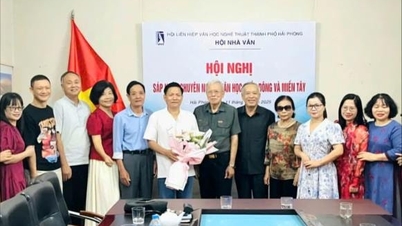







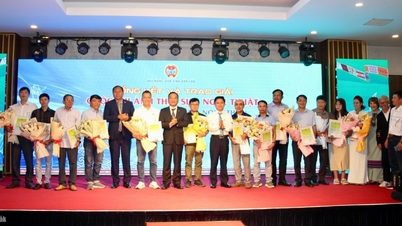



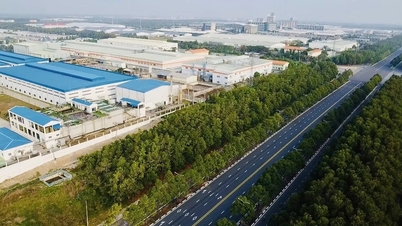
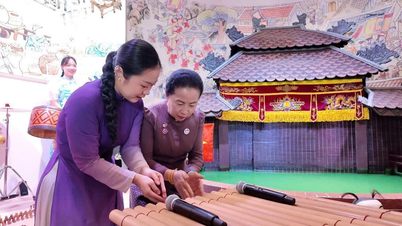

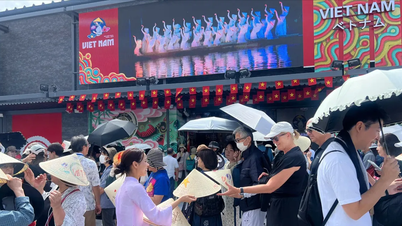











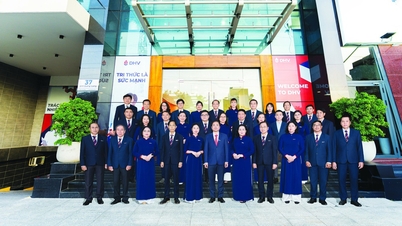
























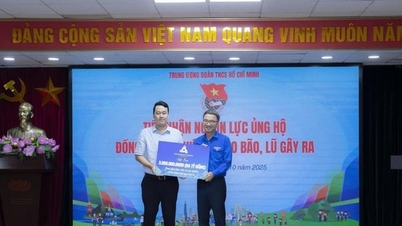























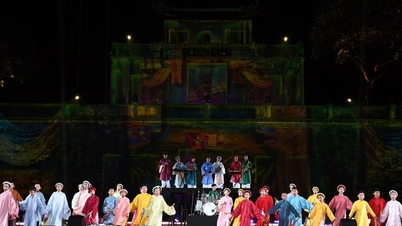




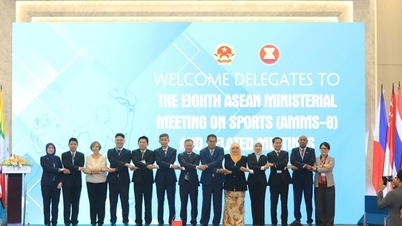






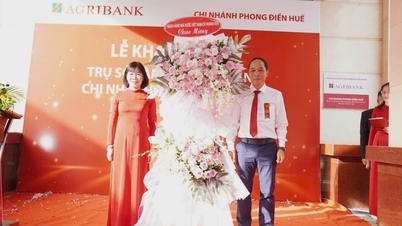
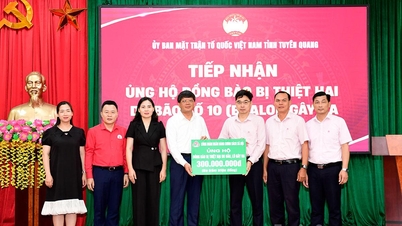














Comment (0)